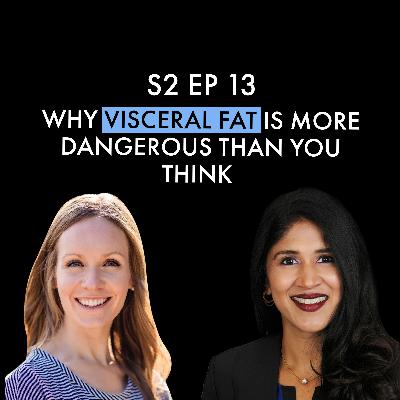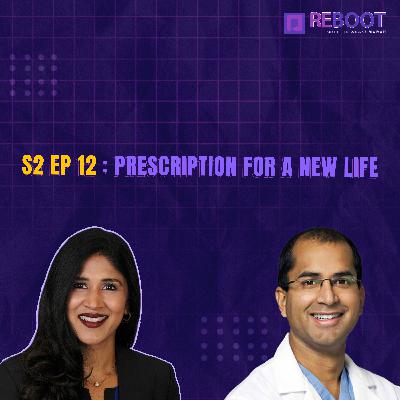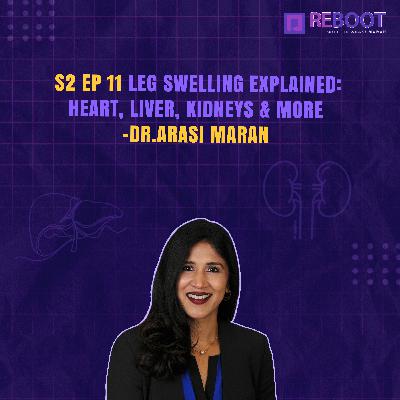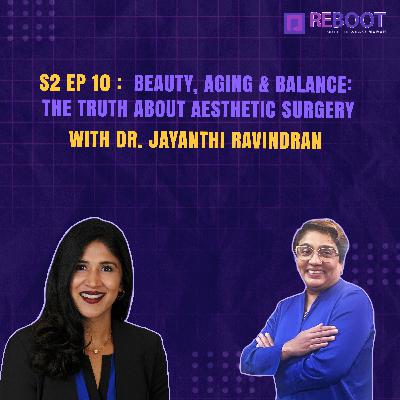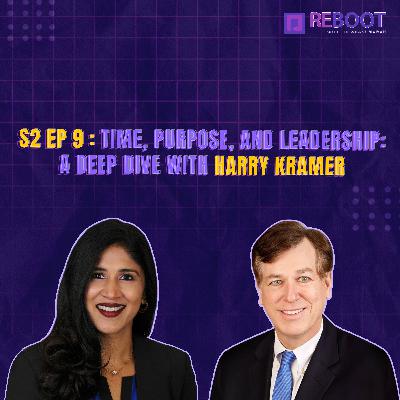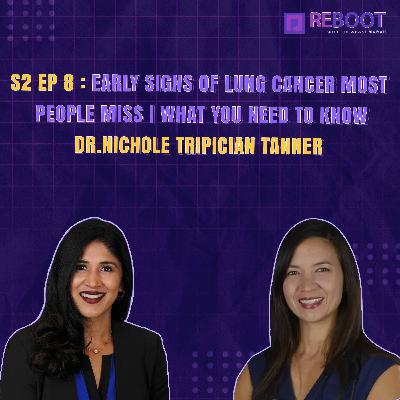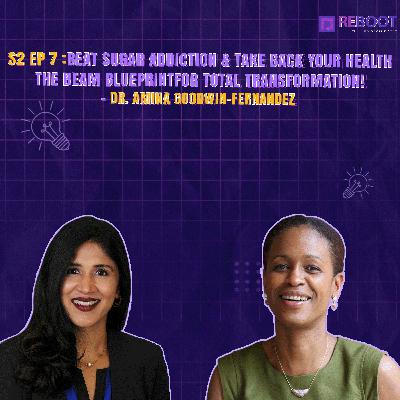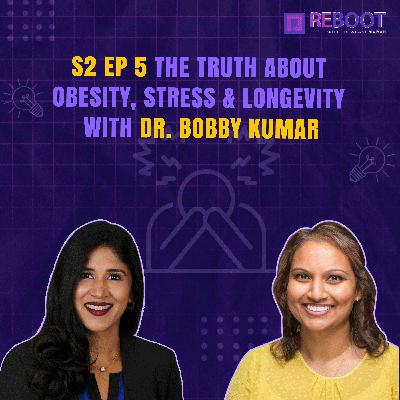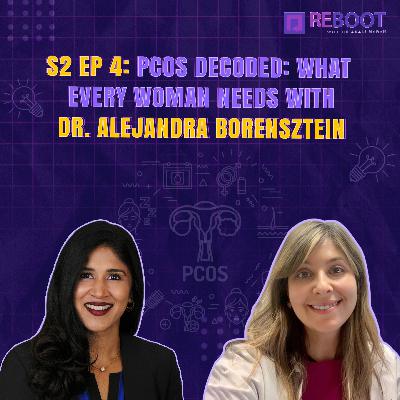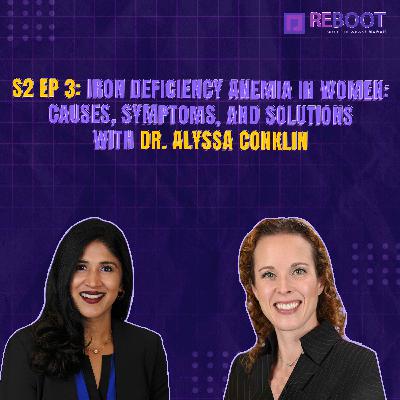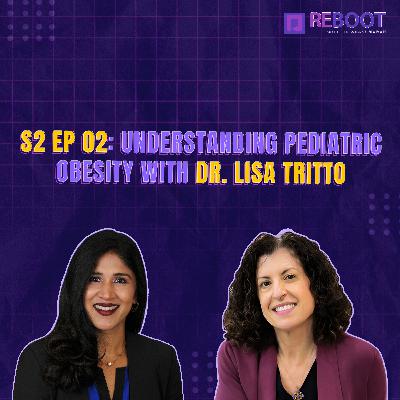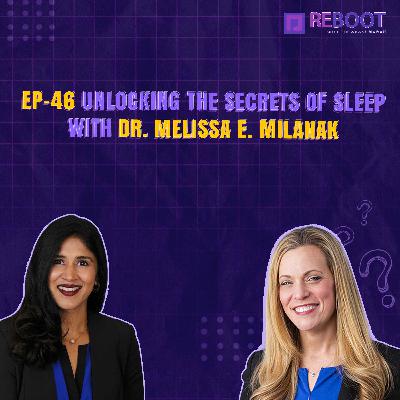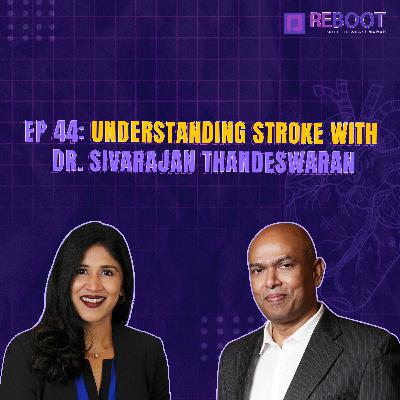
Reboot with Dr. Arasi Maran
Author: Dr. Arasi Maran
Subscribed: 2Played: 5Description
Welcome to Reboot with Dr. Arasi Maran. I am a board-certified cardiologist and interventional cardiologist with more than 10 years of experience. I deal with the most aggressive coronary artery disease in the cath lab.
Outside the cath lab, I am a mom of three kids, and my husband is an obesity medicine certified bariatric surgeon. We both deal with various aspects of metabolic disease in different ways. It's my life mission to help those with metabolic disease in and out of the hospital. With my own personal and professional experience, I believe education is the best way to treat and prevent metabolic diseases.
Whichever stage of metabolic disease one is in, you can turn back the clock. Join me in the journey to reboot our lives for the better!
Follow me on Instagram @docarasimaran
Follow me on Youtube @docarasimaran
Disclaimer: The content provided in the 'Reboot with Dr. Arasi Maran' podcast is for informational and educational purposes only. It is not intended as medical advice or individual health consultation. The views and opinions expressed in this podcast are mine alone and do not reflect the official policy or position of the Medical University of South Carolina or the Veterans Administration Medical Center. As a listener, please consult your healthcare provider for any personal medical advice. This podcast aims to share evidence-based information and insights related to metabolic health, and is not a substitute for professional medical guidance.





